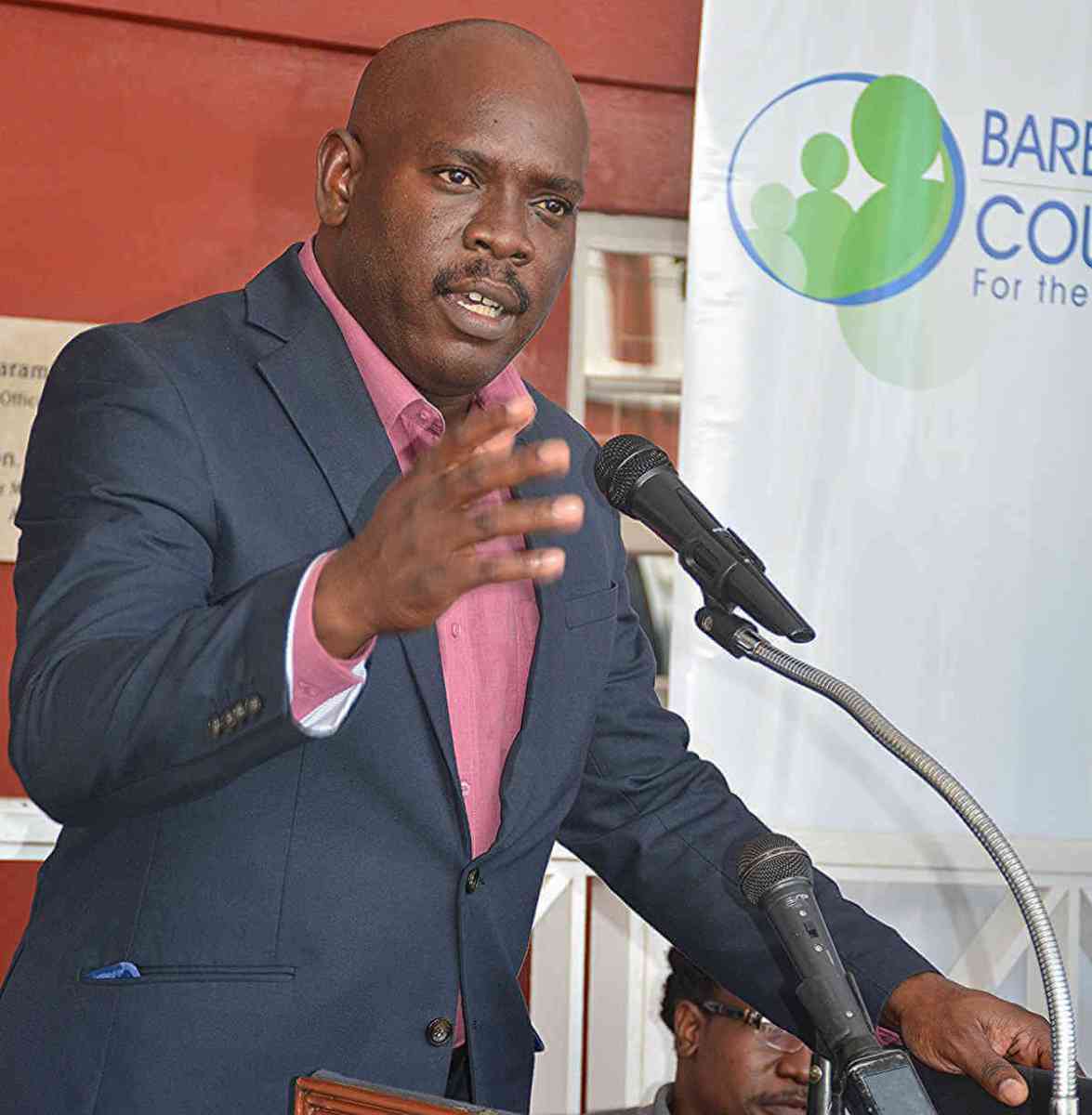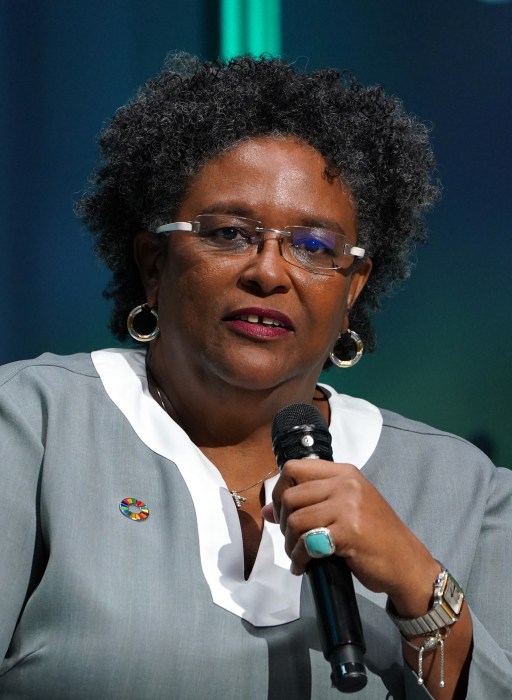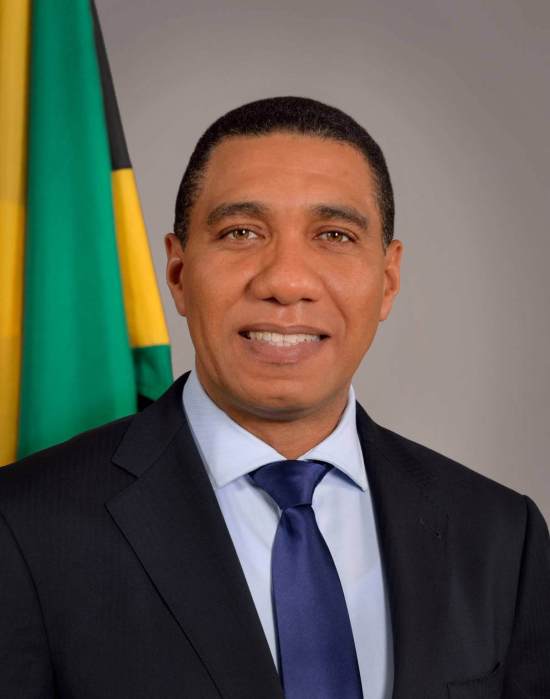Not only has Barbados completed a master stroke of restructuring its burgeoning debt and scoring billions in savings, but the island is now confidently looking forward to its first international financial credit rating upgrade in some 10 years.
Runaway debt had been retarding the island’s economy making it unable to come out of recession that began shortly after 2008, but on assuming office 18 months ago the new government immediately froze international debt payments and commenced renegotiations with lenders that last month ended in an agreement for different repayment conditions which are more favourable to Barbados.
By successfully moving the past and future repayment deadlines to dates of 2021 and 2029, and through introduction of amortisation conditions – spreading loan reimbursement periods over a number of set bi-annual dates instead of lump sum settlements — the current government gave itself financial room to manoeuvre and gained significant savings.
Additional savings were obtained through agreement with these international creditors to shave interest rates, resulting in what junior Minister of Finance, Ryan Straughn said will amount to $2.5 saved over the next four years.
Having earlier settled the domestic debt and formulated plans to grow the economy, and with the worldwide creditors expected to sign off on the debt restructuring deal by month end, the adminstration is confident that international credit rating agencies will halt the slide of some 22 downgrades the island suffered since 2008.
Straughn said that expectation is reasonable because of government’s massive strides in addressing debt and other financial issues.
“This is part of our way of saying, to not just financial institutions domestically, but certainly those internationally, the Government of Barbados is committed to maintaining a level of macroeconomic stability that will drive investor confidence, business confidence, as well as consumer confidence to the kind of levels that will allow for greater economic growth to take place.”
“For too long the credit quality, certainly in Barbados with the number of downgrades, went unanswered,” he said.
The Minister said that by the time all external creditors sign off on the restructuring deal agreed to, “we anticipate, as in the case on the domestic side, that we will see the first upgrade in our foreign credit rating for some time.”
He said that the projected upgrade, “will be a signal to all and sundry that the trajectory which the public finances of Barbados were on have been changed”.
“We have committed ourselves to gradually improving those circumstances, not just for the sake of getting back to investment grade but to ensure that along that path … ordinary Barbadians, ordinary citizens across the region, will be able to participate fully and benefit.”
Several projects that “have been in abeyance simply because of the uncertainty with respect to the stability of the Barbados dollar” were also expected to get moving, the minister said.
Barbados’ economic forward movement has won endorsement from the International Monetary Funds Chief of Mission to Barbados, Bert van Selm.
“One and a half years ago, right after the election, debt to GDP was close to 160 [ percent of GDP]. Now it is close to 120 [percent of GDP] and also with the [debt restructuring] agreement that now has been reached with external commercial creditors, we expect this trend to continue and the downward trend in public debt to be extended,” said van Selm.
The IMF official who is now in the country leading him team in examination of the economy’s performance as government and the agency had agreed, further expressed confience in the island’s ability to meet all debt repayment obligations without taking the state back to perilous position of last year.
“Reserves which dipped to just over US$200 million in May 2018 have now increased to about US$600 million, so really quite a decent level of international reserves. And also going forward, we expect the external debt service obligations that Barbados will have, including after the external debt restructuring, are quite feasible and are small relative to the international reserves.”



























